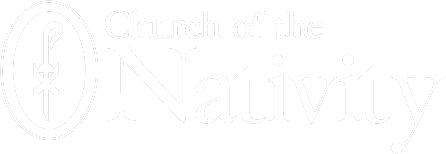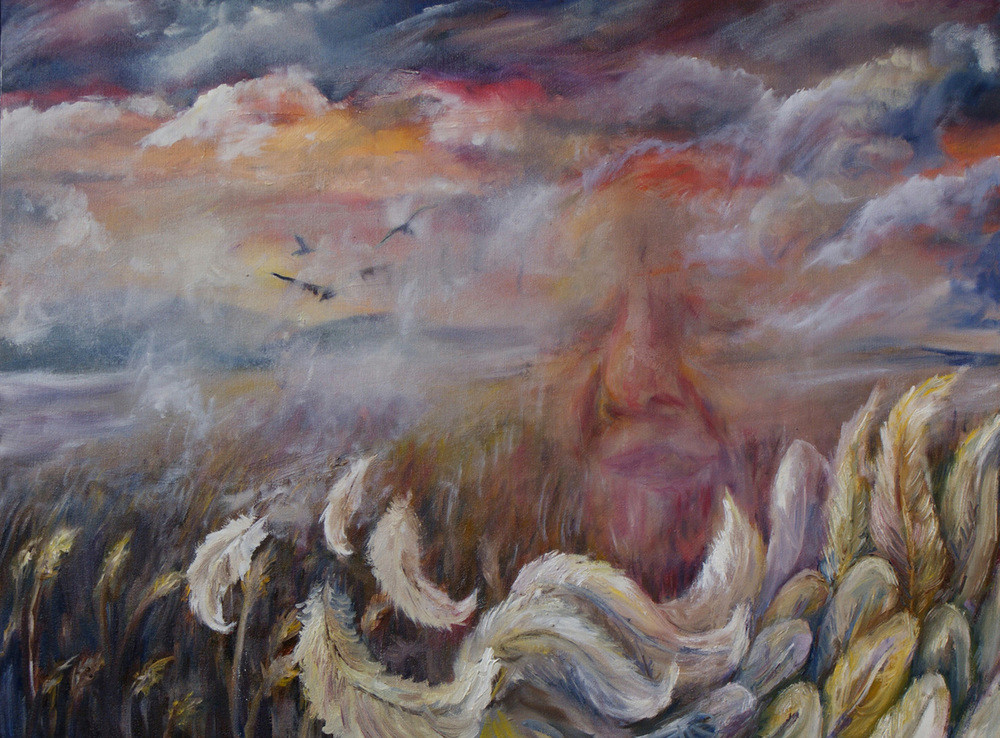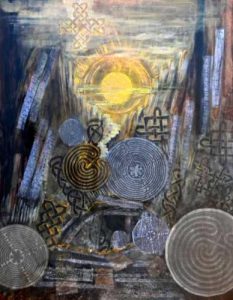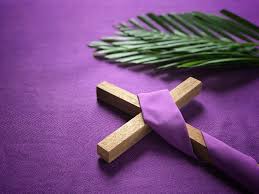As we move through the first week of the “stay-at-home” order for both Wake County and North Carolina, I want to fill you in on how we are proceeding with operations at Nativity.
Care of the Buildings
Robert continues to clean the buildings several nights a week. All surfaces are being wiped down carefully. Jr. Warden Rene Garces is doing a walk-through of the buildings and campus almost daily, checking on things. Rene has mowed the grass recently, and a few volunteers have been coming by to do some weeding and tending the flower beds. In addition to installing a new locked mailbox, Rene checks the mail daily and brings it to the office.
Accounting
The Counters’ Ministry will be in every other Tuesday to process and deposit any funds that arrive in the mail. Our bookkeeper, Phil, is in the office every Wednesday morning to pay bills, process pledge information, and maintain the accounting reports. Hand-sanitizers, Clorox wipes and gloves are available for anyone who comes into the building to do this work.
Composting
Compost Now continues to do a weekly pickup of our compost. Since we are not able to use the buildings as we usually do, our compost output has decreased. You are welcome to bring your compost and drop it off in the Compost Now bin located in the parking lot. Note, do not put plastic bags in the compost bin unless they are specifically marked “compostable.” Regular plastic bags will twist up the compost machinery and we will be fined!
Community Groups
All groups who rent space from us are on hold for the time being, following the stay-at-home directive. The Kinder Garden preschool and the Bulgarian Cultural Center are following Wake County Schools’ timeline for reopening. When the stay-at-home rules are lifted, we will be in touch with the other groups to resume their meeting times.
Nativity Garden
The garden will continue to grow, thus the gardeners should be able to continue as usual.
The Staff
Our staff continues their work in ministry, even though that is looking very different than it did even a few weeks ago.
Kathryn has created opportunities for our parents to meet with one another online on Sundays and Wednesdays. She jumped into action, creating unique gatherings for our younger children, our middle school girls, our middle school boys, and our high schoolers to talk, read scripture, pray, and even play games together using Zoom. She checks in with our families with children at home on a regular basis, offering pastoral care and extra time for any of our young people who are experiencing the anxiety of the loss of routine, structure, and missing time with their friends.
Jason has been busy finding music for Sunday Morning Prayer, offering an organ meditation time on Wednesday nights, and finding creative ways to incorporate singers in our live-streamed services, where we are limited in number of people allowed to participate. He gathers with the choir every Thursday evening using Zoom for check-ins and to stay connected as a community. He and I are learning that it takes twice as much time to prepare for an online service as it does to prepare a worship service in person on Sunday mornings.
Megan is working primarily from home. She is coming into the office briefly on Mondays to process the mail and prepare bills. She is available by email Mondays through Fridays. Please reach out to her with any questions you might have about what is going on and where to find information. The Glad Tidings email will be sent every Thursday with all the links and information to everything that is happening online.
Deacon David is on the phone. He is checking in with our members, especially the folks on our prayer list and anyone who needs someone to talk to during these anxious times. Thankfully, using the power of Zoom, you will see him be part of our worship during Holy Week. It has not been the same on Sunday mornings to stand at the altar without him.
As for me, I think I am finally getting ahead on my emails. I check in with the staff by phone regularly to keep us connected with one another. I have been working with our wardens to make sure operations continue, and I pray daily for the Holy Spirit to guide me as I try and figure out how to plan worship for Holy Week when we can’t gather in person. And I listen. I listen to your concerns, your fears, your anxieties, and I try to listen for what God is trying to tell us during these crazy times where nothing is normal, nothing is routine, and information changes daily.
I am enormously proud of the way our staff has quickly adapted to new ways of ministry, and I am enormously proud of us as a congregation. The Vestry and others are making phone calls to check in with our members, and as I watch all our members check in and support each other.
Should any directive from either the Diocese of North Carolina or local or state authorities change, we will make the necessary adjustments to keep Nativity, both its campus and its people, safe and healthy.
I know you have been praying for me, and I feel your prayers. Let’s keep praying for each other and our world.











